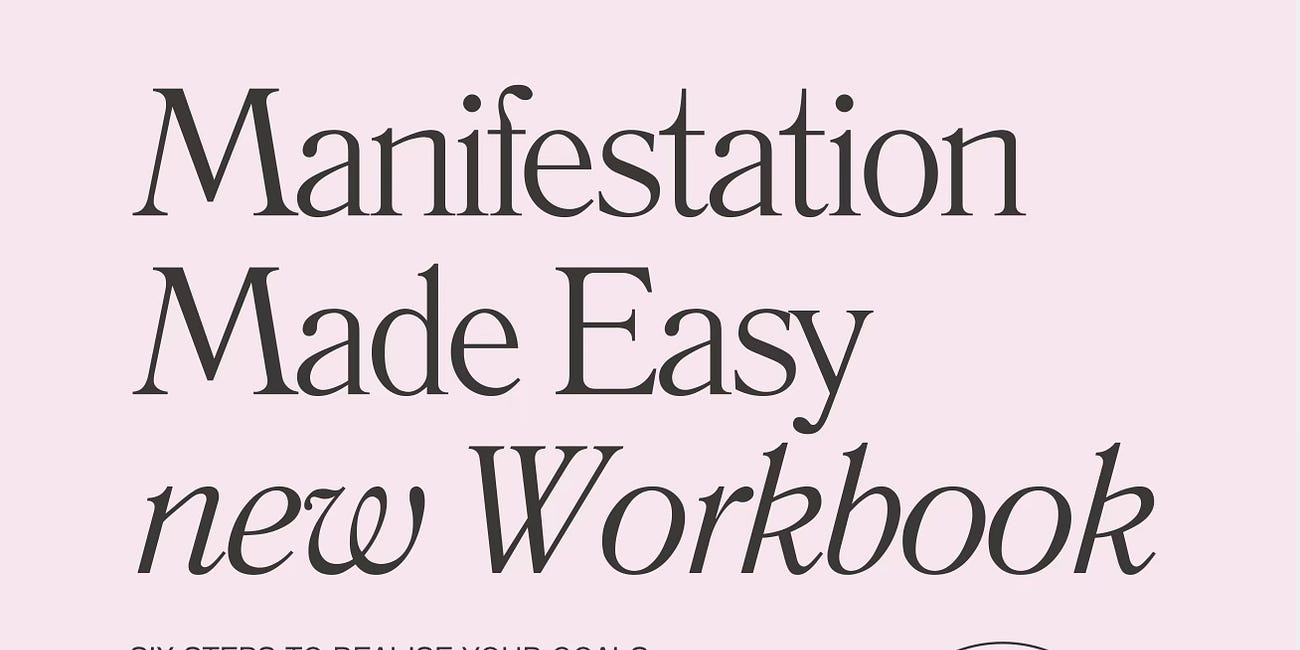Discipline: is it a dirty word?
It often gets a bad rap, but what if it was the key to freedom

Self discipline is frequently associated with restriction, deprivation, and even punishment. In a world that celebrates ease, spontaneity, and comfort, the idea of self-discipline can feel rigid and exhausting. But what if we’ve misunderstood it? What if discipline isn’t a burden, but the path to freedom?
Read on and then see my five ways to get started.
What is discipline?
At its core, discipline is the ability to stay committed to a goal or value, even when your motivation fades. It is about making intentional choices that serve our long-term well-being, rather than giving in to short-term gratification. Whether it’s committing to exercise, sticking to a budget, or staying focused on writing a difficult email, discipline provides the structure that leads to success. And while it may seem like a struggle at first, there’s a compelling scientific reason as to why it gets easier over time.
The prefrontal cortex, the part of the brain responsible for decision-making, impulse control, and planning, plays a crucial role in self-discipline. Like a muscle, the more we use it, the stronger it becomes. Neuroscientists have even found that practising discipline strengthens the neural pathways associated with self-control, making it more automatic and less effortful over time.
In other words, what begins as a conscious effort eventually becomes second nature.
This shift is key to understanding why disciplined people don’t feel like they’re constantly battling themselves. Instead, their habits and routines work for them, reducing the mental energy required to make good choices. Ironically, discipline—once seen as a limitation—actually creates more freedom. It allows us to make decisions aligned with our goals without the constant struggle of willpower.
Of course, you need to know where you want to be headed in order to apply discipline towards getting there! My Easy Manifestation Workbook can help you with this.
Manifestation made easy
Manifestation is the process of bringing something into reality by the power of considered intention, belief, and focused thought. Sounds simple right? Except a lot of what I’d read about it made it seem either overly complicated, or unduly mystical — all positive affirmations and wand-waving!
The role of environment in discipline
Why then do so many of us still resist the idea of discipline?
Perhaps it’s because we’ve been conditioned to see it as an external force imposed upon us, rather than a skill we can develop for our own benefit? For example, if we reframe discipline as a tool for empowerment, it starts to sound a lot more enticing!
But to begin cultivating self-discipline, we must become our own coaches. No one else can develop it for us; it’s a skill that requires daily practice and self-guidance. OK you’re thinking, but that still all sounds rather arduous. What can I do to make it easier, just to get myself started? Let me tell you…



